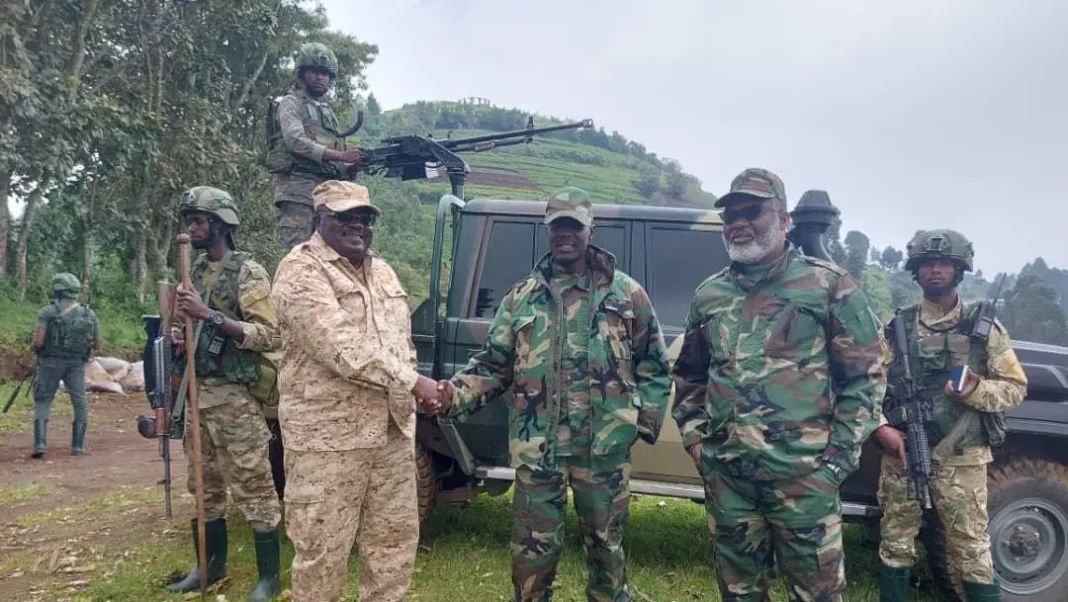The leadership of the AFC/M23 movement has once again denounced the government of the Democratic Republic of Congo (DRC) for what it describes as ongoing discrimination and incitement of hatred, particularly against Congolese citizens who speak Kinyarwanda.
In a statement released this Friday morning by M23 spokesperson Lawrence Kanyuka, the movement accused the Kinshasa administration of promoting divisive policies that marginalize certain communities.
“The criminal government in Kinshasa is sowing hatred and enforcing a policy of discrimination, leading to the persecution and extermination of Congolese citizens who speak Kiswahili and Kinyarwanda,” Kanyuka stated.
He further warned that these actions amount to genocide and a violation of the fundamental rights of civilians.
“The policies of the Congolese government are paving the way for genocide, targeting specific groups and systematically depriving them of their rights,” he added.
The DRC government has long faced criticism over human rights abuses, particularly its collaboration with armed groups such as the FDLR—a militia composed of individuals accused of participating in the 1994 Genocide against the Tutsi in Rwanda.
Despite international condemnation, remnants of the FDLR continue to operate in eastern DRC, where they are accused of aiding government forces in persecuting Tutsi communities in North Kivu. Similarly, discrimination against the Banyamulenge in South Kivu and the Hema in Ituri has also been reported.
These longstanding grievances led to the formation of the M23 rebel group, which has been engaged in ongoing clashes with the Congolese army (FARDC). The movement, which claims to be fighting for the rights of marginalized Congolese communities, has recently gained control of key territories in North and South Kivu, citing the continued persecution of its people as justification for its actions.
The situation remains tense in the region as international observers call for a diplomatic resolution to the crisis.



